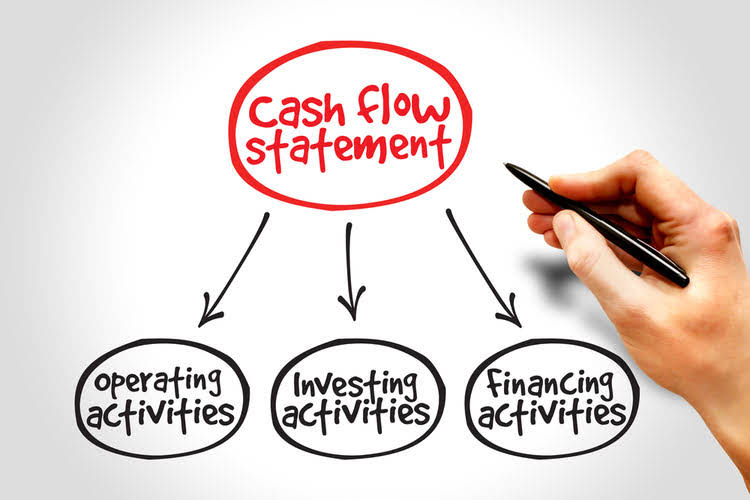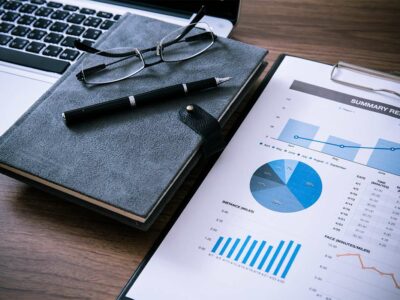
RPA automation can help to move and transform data across systems in order to execute processes, conduct analyses, and generate valuable reports. When your employees travel for business, they expect to be reimbursed within a reasonable amount of time. As travel picks back up again, the number of expense reports will also increase. Instead of spending time combing through various systems to collect information, RPA bots can be deployed to do this work in much less time. Once data is collected by the bots, they can send a detailed report to the compliance manager or person in charge to review and approve onboarding. If a new customer is approved, then the bot can also transfer Bookkeeping for Veterinarians all the relevant information into the CRM or customer profile.
Enhances accuracy in data entry and calculations, reducing errors
RPA removes manual errors from simple and complex processes, which helps protect compliance and adhere to regulatory standards. RPA bots can also deliver audit trails so if an external or internal auditor wishes to review what has been done, it’s simple to do. Is an assistant professor of accounting and academic chair for the accounting and finance online programs for the Nathan M. Bisk College of Business at the Florida Institute of Technology (USA). He has more than 20 years of experience in the areas of public accounting and auditing, internal control audits, IT consulting, and information systems auditing. Otero previously worked at Deloitte & Touche, LLP, for more than 10 years and attained the position of senior manager.

Revolutionizing Financial Operations with Robotic Process Automation

All the while, your team saves time, the business saves money, and everyone gains from more accurately completed work. Another benefit of robotic process automation in the financial industry is budget optimization. RPA cuts labor expenses by 25-40%, making business processes more efficient. As it was mentioned above, RPA saves resources by handling repetitive tasks faster than accounting automation humans. A significant problem with many traditional accounting systems in the banking sector is that they require manual analysis of all supporting documents for the clients. For example, any documents relating to the enterprise rights of the clients used to require manual checks that could take weeks to complete.
- This would seem to make an ideal starting point for organizations beginning to adopt robotic automation for the back office.
- If a new customer is approved, then the bot can also transfer all the relevant information into the CRM or customer profile.
- The result of robotic accounting includes reduced labor costs, cycle times, increased accuracy and simplified workflows.
- He explained that the automation team worked closely with other business units, bringing them on the automation journey.
- RPA can be used to detect potential fraud by analyzing large volumes of financial data and identifying patterns that may indicate fraudulent activity.
- Robots in accounting have the same level of security and access as a real person, but they can work without interruption.
- The tools can manipulate data, trigger responses and communicate with other systems in a way that previously required human interaction.
Real-World Examples of RPA Success in Finance
Expense reporting is crucial for efficient bookkeeping and finance management. According to statistics, producing one expense report costs about $27. Robust RPA bots can aggregate data into expense reports, attach receipts to corresponding entries, verify existing expense logs, and flag policy violations or data discrepancies.
- By embracing RPA, accountants can enhance their efficiency, improve data accuracy, and devote more time to higher-value activities that drive business growth and success.
- Look for areas where you can automate and figure out the potential benefits.
- Data is a paramount asset within businesses, but when it is separated and hard to access, then it proves useless.
- In this light, the inability to obtain advanced data is a recipe for disaster.
During the call, our consultant will suggest how to approach the Robotic Process Automation initiative in your Company. Thanks to this, you will assess which technologies will bring you the greatest benefits in the area of automation and standardization of processes. If you wonder how to start or improve the implementation of automation and digitization of processes and document flow in your company, contact us for your 30 minutes free consultation. With AI and Automation Expert like Accelirate, you can tailor Automation in finance according to your preferences, resulting in optimized processes, better response times, and cost and time efficiency. Don’t wait any longer—take advantage of this game-changing Technology today. RPA simplifies budgeting and forecasting, as it automates data collection from different systems and loads it into financial models.

What Do You Need to Run RPA in Your Accounting Firm?
RPA uses artificial intelligence to eliminate errors and automate repetitive, high-volume tasks. It is not even necessary to automate the entire process to be beneficial. Rather than that, it can automate specific steps in a lengthy process, which has been a significant driver of its adoption. This is balance sheet where things get difficult and real finance transformation work comes in to play.
Leave a Reply